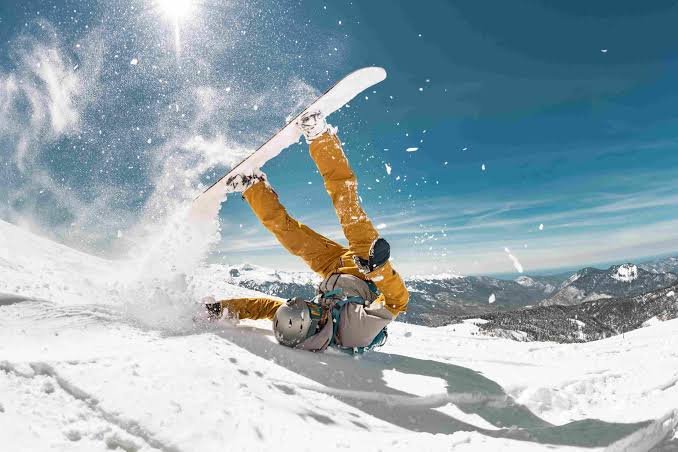With Reno’s proximity to top ski resorts, injuries on the slopes—from chairlift malfunctions to negligent instruction—are not uncommon. Many skiers assume liability waivers prevent them from filing a claim, but legal exceptions exist for negligence and equipment failures. Reno personal injury attorneys can assess whether an injured skier has a valid case and help them pursue legal action against responsible parties.
Common Ski Resort Injuries in Reno
Head and Brain Injuries
Skiing and snowboarding in Reno’s resorts can lead to serious head trauma. Collisions with other skiers, trees, or lift poles may cause concussions or more severe traumatic brain injuries. Always wear a properly fitted helmet to reduce the risk of head injuries on the slopes.
Knee and Leg Injuries
The twisting motions involved in skiing stress your knees and legs. Anterior cruciate ligament (ACL) tears are particularly common, often resulting from sudden stops or falls. Other frequent injuries include meniscus tears, fractures, and sprains to the lower extremities.
Shoulder and Upper Body Injuries
Falling on outstretched arms while skiing or snowboarding can lead to shoulder dislocations, rotator cuff tears, or broken collarbones. Wrist fractures are also common, especially among snowboarders who tend to fall backward onto their hands.
Spinal Cord Injuries
While less frequent, spinal cord injuries can occur from severe falls or collisions on the slopes. These injuries can range from minor compressions to more serious damage, resulting in partial or complete paralysis. Recovery from such injuries can be lengthy and may require extensive medical treatment, rehabilitation, and long-term care. If a spinal cord injury occurs due to another party’s negligence, seeking legal guidance can help you understand your options for compensation. Always ski within your ability level and be aware of your surroundings to minimize the risk of life-altering injuries.
What to Do Immediately After a Ski Accident in Reno
Prioritize Safety and Medical Attention
Your immediate actions following a ski accident in Reno can significantly impact your health and potential legal claims. First and foremost, ensure your safety and that of others around you. If you can, move to a safe area away from other skiers. Assess your injuries and seek medical attention promptly, even if you feel minor injuries. Some injuries, particularly head traumas, may not be immediately apparent but can have serious consequences if left untreated.
Report the Incident and Gather Evidence
Once you’ve addressed immediate safety concerns, report the accident to ski patrol or resort staff. Be sure to obtain a copy of any incident reports filed. While the scene is fresh, gather as much evidence as possible. Take photos of the accident site, your injuries, and any equipment involved. Collect contact information from witnesses, as their accounts may prove invaluable later.
Document Everything and Preserve Evidence
Keep detailed records of all medical treatments, expenses, and any communication with the resort. Preserve any equipment involved in the accident, such as your skis or helmet, as they may be crucial evidence. Avoid discussing fault or making statements about the accident on social media or to insurance representatives without consulting a legal professional.
Remember, time is of the essence in both your recovery and any potential legal action. By taking these immediate steps, you’ll be better positioned to protect your health and rights following a ski resort injury in Reno.
Final Thoughts
In the aftermath of a ski resort injury in Reno, your actions can significantly impact your physical recovery and legal rights. By seeking immediate medical attention, documenting the incident thoroughly, and contacting experienced Reno personal injury attorneys, you position yourself for the best possible outcome. Remember that time is of the essence in these cases, so don’t delay taking the necessary steps. While accidents can happen even to the most careful skiers, you have the power to protect your interests and pursue fair compensation when negligence is involved.
